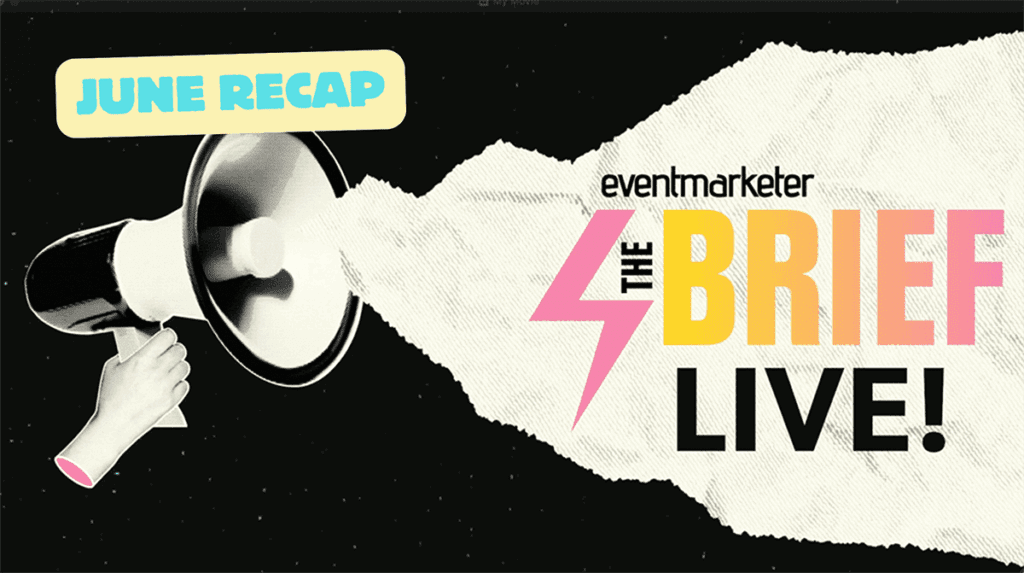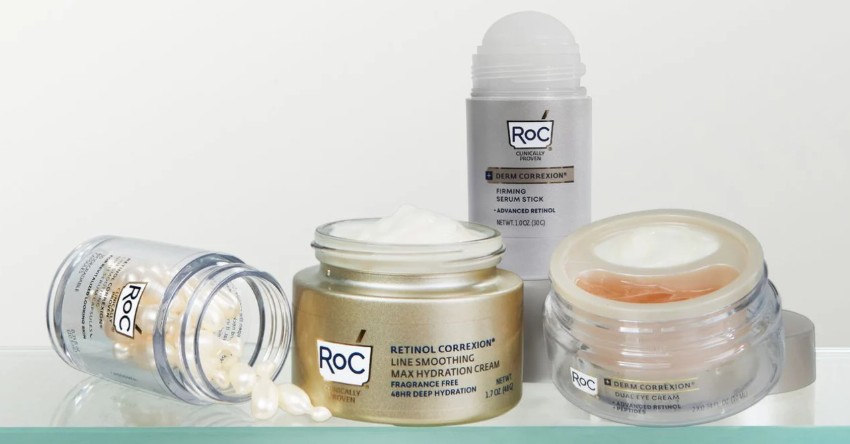Representatives of the direct marketing, magazine and promotional industries Wednesday voiced deep concern over the First Amendment ramifications of legislation seeking to regulate the direct mail sweepstakes industry at a Congressional subcommittee hearing.
The hearing, conducted by subcommittee chairman Rep. John McHugh (R-NY), was on the Honesty in Sweepstakes Act (HR-170), sponsored by Rep. Frank LoBiondo (R-NJ), and the Sweepstakes Protection Act (HR-237), sponsored by Rep. James Rogan (R-CA).
Leaders from these industries told the panel that provisions in both measures, requiring specific wording and placement of certain disclosures, could be viewed as imposing a limit on free speech in violation of the Constitution’s First Amendment.
Jerry Cerasale, the Direct Marketing Association’s senior vice president for government affairs, said that any legislation to regulate the direct mail sweepstakes industry “should not prescribe commercial speech that runs afoul of the First Amendment.”
Michael Pashby, Magazine Publishers of America executive vice president, who called the LoBiondo and Rogan bills “well-meaning,” added that they would impose undue burdens on commercial speech.
Mandating “a single, uniform way in which material information is to be disclosed to consumers is far more restrictive than necessary,” said Linda Goldstein, of the Promotion Marketing Association.
They suggested the panel consider either adopting the Deceptive Mail Prevention and Enforcement Act (S-335), sponsored by Sen. Susan Collins (R-ME), which was unanimously approved Monday by the Senate, in place of the LoBiondo and Rogan bills, or–at the very least–incorporating some of its more acceptable provisions into either measure.
McHugh’s subcommittee is expected to decide the fate of the LoBiondo and Rogan bills some time in the fall when it considers the Collins’ measure.
The industry representatives agreed that the Collins’ bill was superior because it creates the first national standard for direct mail sweepstakes. But, the three said they were concerned with some of the bill’s provisions, including a proposed national opt-out database, and one giving the U.S. Postal Service sweeping authority to determine whether a sweepstakes mailing complies with the law.
Legislation setting national standards for sweepstakes mailings should not “delegate authority to the USPS or any other federal agency” that tramples a mailers First Amendment rights,” Cerasale said.
Pashby, questioning the workability of such a database, suggested that sweepstakes operators be required to maintain their own opt-out database to consumers could choose not to receive sweepstakes mailings.
Lee Cassidy, National Federation of Nonprofits executive director, also suggested that nonprofit mailers be exempt from complying with any sweepstakes legislation because “no evidence has been offered demonstrating that nonprofit-sponsored sweepstakes are part of the perceived problem of deceptive mailings.”
Failing to exclude them, he said, “would do violence to the First Amendment protections given charitable solicitation by the U.S. Supreme Court.”
LoBiondo and Rogan defended their respective measures saying they will protect consumers and legitimate sweepstakes operators.
 Network
Network




